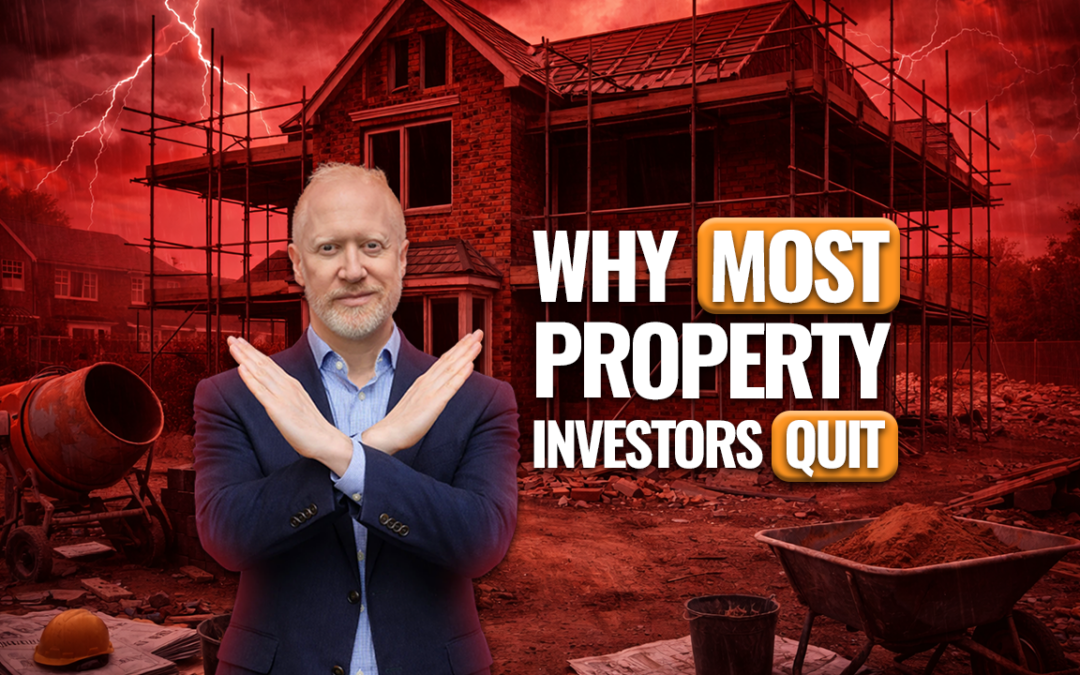HMOs offer a rapid path to replacing your income and are one of the most popular strategies amongst our mastermind members. Many individuals have successfully replaced their income within 12 months using this approach. However, misconceptions often deter people from exploring HMOs fully.
The first and perhaps most common misconception is associating HMOs solely with student housing. While students are indeed a significant demographic for HMOs, there are several other tenant groups to consider. Young professionals, for instance, often prefer shared accommodation as it offers both social opportunities and cost-effectiveness compared to living alone. Additionally, there are working individuals who haven’t attended university but seek shared living arrangements for various reasons. Lastly, there are tenants on benefits, and while managing such tenancies can be challenging, it can also be incredibly rewarding, especially when partnering with charities that specialize in supporting vulnerable individuals.
The second misconception is that HMOs are only suitable for experienced investors. While HMOs do require a deeper understanding of property management, they’re not exclusive to seasoned investors. In fact, for those willing to learn and implement effective strategies, HMOs can be highly profitable even as a first property investment. By leveraging systems and outsourcing management responsibilities, the workload associated with HMOs can be minimized.
A third misconception revolves around the capitalzrequired to invest in HMOs. While significant upfront capital might be necessary for extensive refurbishments, there are various financing options available. Private loans, joint ventures, and innovative strategies like rent-to-rent or purchase options can significantly reduce the need for personal funds. These strategies allow investors to control properties without substantial initial investments, thereby maximizing cash flow and returns.
The fourth misconception is the belief that HMOs won’t work in certain areas due to oversupply. While it’s true that many areas have a surplus of HMOs, the key lies in offering high-quality accommodation. By focusing on creating desirable living spaces, investors can attract premium tenants willing to pay higher rents. Rather than engaging in price wars with other landlords, differentiating through superior quality ensures better tenant retention and increased profitability.
Lastly, the fifth misconception is simply the inertia or hesitation many investors experience when considering HMOs. Fear of the unknown, lack of knowledge, or perceived complexities surrounding planning and licensing requirements often prevent investors from leaping. However, with proper education and guidance, navigating the world of HMOs becomes manageable. Investing in education and seeking mentorship can provide the clarity and confidence needed to embark on this lucrative investment journey.
The Mistake I Made
Reflecting on my journey, I initially overlooked the potential of HMOs, focusing primarily on single-let properties. It wasn’t until I analysed my portfolio years later that I realised the profitability of my first HMO investment. Since then, intentionally targeting properties for HMO conversion has been instrumental in rapidly expanding my portfolio and increasing my income streams.
My View On HMOs
HMO investing offers a pathway to financial freedom for investors of all levels. By dispelling misconceptions, leveraging innovative financing options, and investing in education, anyone can harness the potential of HMOs to achieve their financial goals. Don’t let myths hold you back from seizing this lucrative opportunity; instead, equip yourself with knowledge and take the first step toward HMO success.











